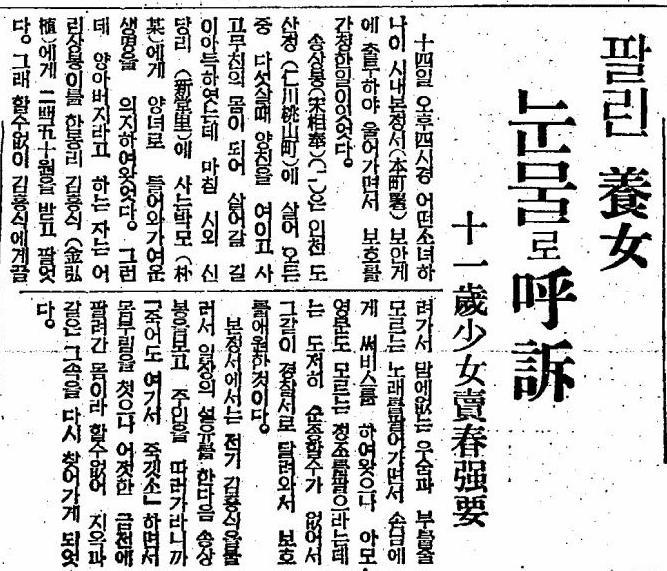I
blogged on the criminal procedures and trial in Japan, but I didn't examined the case in detail. I googled Indubor but there is none in Japanese.
So I have to rely on
Debito's description of the case.
What is said is the defendant's account of the case, but what is lacking is the account of the case given by the victim and prosecutor.
According to his wife, he is denied the media cal treatment, but there is no report on it by his lawyer despite its serious violation of human right.
According to his lawyer, the testimonies are inconsistent, but the victim was not given a chance to account for the inconsistency.
As it is, all we can say so far is that he deserves the speedy trial, in addition to the fact that Debit account is one-sided, unfair.
If the case is just the rape without involvement of the minority, their account might have been even labeled as a chauvinistic account defending the rapist filled with the bias.
I am not saying that their account is not true , but I am saying that you can not judge the case based on the story told by one party.Since the defendant's claim and the victim's claim are at odds, one of them must be false. But if that is the case, it is only fair that they present both sides of the story. Besides, since this is the case of rape, it needs to be dealt with care; it is well known that the victim of the rape receive multiple insults in the process of the investigation and its reports.
What is interesting is that Debito and TPR were for the resolutions for the comfort women despite the facts that the the direct testimonies made more than 50 years later were inconsistent and that there are official Japanese document to show the contrary.
Aren't they biased?
Anyway I approve of their effort to help the defendant, but I don't like the way they argues the case.
Suppose someone is mistakenly wronged because the prosecutor mistaken him for another person; it is the prosecutor's fault.
Suppose further he is a foreigner.
That itself does not show that he is unfairly discriminated because he is a foreigner:you need another argument to prove it.
In Mr, Indubor's case, he was denied the
bail.
Mr. Idubor has been imprisoned since his arrest, the court denying him bail based on his Nigerian citizenship, which, they say, makes him a high flight risk.TPR
If you look at the condition the court can not give him the bail, you will find;
1. 死刑、無期又は短期1年以上の懲役・禁錮に当たる罪を犯した場合(同条1号) 「短期1年以上」とは、「2年以上の懲役に処する」(非現住建造物等放火罪)など、法定刑の刑期の下限が1年以上であることをいう。
2. 過去に、死刑、無期又は長期10年を超える懲役・禁錮に当たる罪について有罪判決を受けたことがある場合(同条2号) 「長期10年を超える」とは、「15年以下の懲役に処する」(傷害罪)のように、法定刑の刑期の上限が10年を超えることをいう。
3. 常習として、長期3年以上の懲役・禁錮に当たる罪を犯した場合(同条3号)
4. 罪証隠滅のおそれがある場合(同条4号)
5. 被害者や証人に対し、危害を加えるおそれがある場合(同条5号)
6. 氏名又は住所が明らかでない場合(同条6号)
Strange, the high flight risk is not the among the conditions.
Probably someone misinformed the reason.
*1 The short sentence of quasi-rape is 3 years in prison, and if the crime in question is more than 1 years in prison, the bail is denied.
But I am not sure how it is working in practice.
*2It might be somebody is confused with
US bail law Suppose for the sake of the argument that he is denied the bail for the reason TPR says.
The rate of the bail is 13%.
All you can claim is the rate is too low,citing other country's case, but if it is equally unfair even for Japanese, it is not the case of the discrimination;It is just the case of injustice. Their favorite conclusion does not follow.
Sometimes some people want to draw the conclusion they want to draw no matter what, but to draw the conclusion you need a sound argument.
Anyway I hope the justice will prevail over this case.




